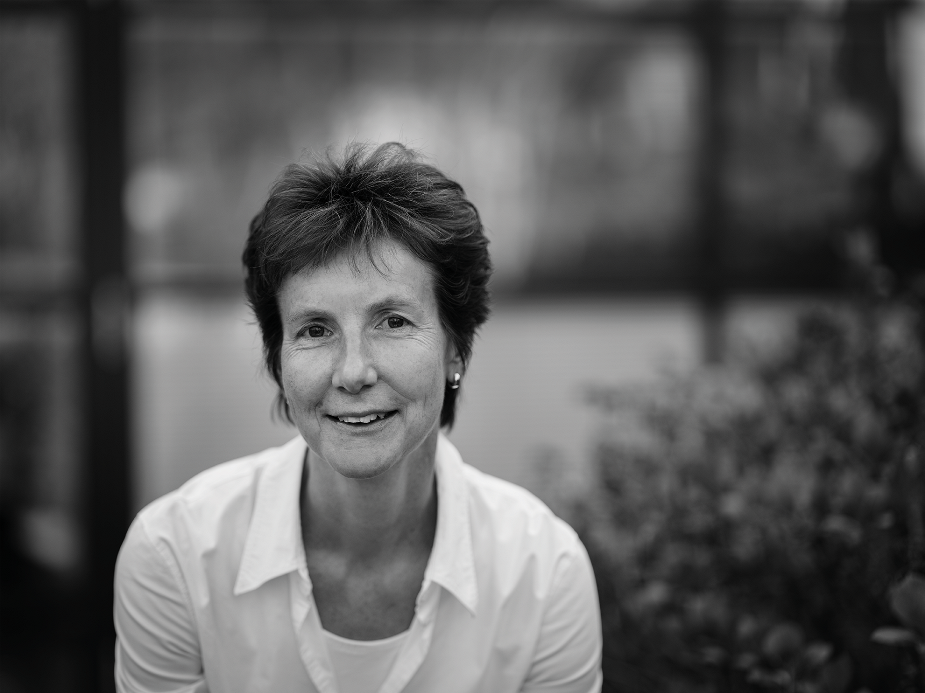New professor in Oncological Care: “I want to put the lectureship more firmly on the map”
22 August 2022
After almost 12 years as a programme leader at Nivel, Joke Korevaar is ready to begin her role as the new professor in Oncological Care.

After almost 12 years as a programme leader at Nivel, Joke Korevaar is ready to begin her role as the new professor in Oncological Care. Among other things, she wants to continue with research regarding aftercare for patients recovering from cancer. “That is where my personal interest lies,” she explains, “but I'm also very curious about what research the professional field still needs.”
Until now, the Oncological Care Research Group was a modest one, but with Joke's arrival there is room for expansion. “The question is of course: where do we start?”, she says. “Oncological care is such a vast research area! There are many different focus areas, simply because of the different types of tumours and different types of patients. In addition, you can focus on palliative care, preventive care, aftercare or family care: the possibilities are endless. That is why I will initially have a lot of conversations with professionals in the field, to ask the question: what do you need? And how can we together make a difference for the patient? Because that is what I like about research at the research group level: if you achieve good research results, you can implement them immediately.”
Good aftercare begins in the hospital
Of course, Joke is bringing her previously acquired experience and expertise to the research group. “At Nivel, my focus was on the aftercare and follow-up of patients with cancer. Our research showed that even after successful treatment, people still have more frequent visits to their GP, up to 15 years after diagnosis. I find that fascinating. First of all: why is that? And of course: how can we reduce and even prevent this? At Nivel, we researched what GPs are already doing to support this group and what else they can do for their patients. But good aftercare begins in the hospital, of course. That is why I would now like to shed more light on the aftercare and follow-up tracks of specialist care. How can it contribute to faster reintegration and better overall health after active treatment? I personally believe that the answer lies in better meeting the needs and wishes of the patient, as well as the patient's risk of having a cancer recurrence or experiencing the late effects of cancer. So a more personal approach, with more attention to specific care needs.”
Cooperating with other research groups
Joke has time in the next six years to put the Oncological Care Research Group firmly on the map, for example by expanding partnerships. “I'm really looking forward to it,” she explains enthusiastically. “Several areas of care could benefit from a more multidisciplinary approach, for example in palliative care. Cooperation and learning from each other is very important, certainly in preventive care. That is why I'm choosing a joint approach with other research groups. After all, healthy habits such as getting enough sleep, more exercise and a healthy diet reduce the risk of all kinds of chronic diseases. Not only the risk of cancer, but also of cardiovascular disease, diabetes, you name it. Of course, each field has its own specificities, but I think we can help each other with research on prevention.”